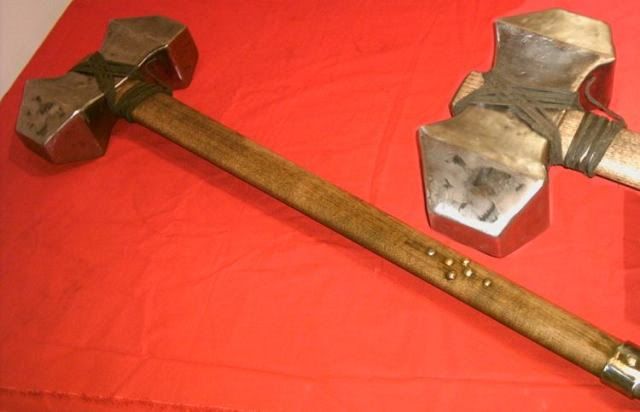Escape From Camp 14 by Blaine Harden is the story of Shin Dong-hyuk who was born and reared in a North Korean Internment Camp. His father and mother were inmates who were favored by the guards and allowed to breed. They produced two sons, Shin and an older brother, in their long and dreary and cruel incarceration. Both sons managed to escape the camp, but in completely different ways.
Shin long blamed his mother and father for making him to be born and live in such hellish conditions. Shin ratted out his mother and older brother to the authorities on their escape plans for extra food and served six months in dark cell isolation and being tortured before being brought out to the daylight to watch the camp authorities hang his mother and shoot his brother before his eyes. Shin and his father got front row seats for that piece of Camp Theater.
After the execution of his mother and brother, Shin was placed in a cell with an older man who told him wondrous stories of the Food outside of the camp. Shin, who was overworked, undereducated, malnourished, and fresh from six months of torture which included beatings and being hung to roast over a fire, and the deaths of this mother and brother which were caused by Shin's informing on them, conceived of escaping from the camp to get him some of that food.
Forget Freedom, Shin just wanted to be able to eat to satiation. By the way, the torture was about the same as living in the camp, beatings and overwork and isolation from the children around him and little or no food.
Later Shin left his cell with his Gourmand Inmate and made the acquaintance of a newly arrived North Korean who made the mistake of going back to North Korea after a few years in the relative benign freedom of China. Shin and the new inmate conceived a plan to escape the camp while cutting wood near the camp's electrical fences. They carried out the plan, but only Shin made it out. He used the body of his escape buddy to neutralize the Electrical Fence and crawled over his dead companion to Food.
Although with his education (they only taught rudimentary reading and writing skills to the children in-between work details and beatings), Shin had no idea where China was or what it was, Shin made it to China and spent three years in the country learning a few things about the world and eating Food. Later South Korea paid him to come to their country and after a de-briefing (tattling is one way to make it in the World), South Korea paid to maintain him there.
But the years of deprivation in Mind and Body, left Shin with long term Mental Illness Issues. He has never really adjusted to life outside the camp. Shin now lives most of the time in California where he lectures on his experiences and life in the North Korean Camp. He travels frequently to South Korea for visits.
During his torture session after ratting out his mother and brother, Shin was shown some papers that he was able to read. He found out that his father was in the camp because two of his brothers escaped to South Korea during the Korean War. The remaining family was sent to North Korean Camps because they were considered contaminated by the two brothers' escape. Somebody has to feed and work for the rest of North Korea and the Kim Jongs.
By the way, Shin didn't even know who the Kim Jongs were until he escaped. Education was very shallow even with propaganda for the Camp Kids.
Shin is one of three people who escaped from North Korean Camps. The interns of the Camps are so cowed and overworked and starved that most of them don't even attempt to run. And most who make the attempt end up like Shin's mother and brother.
Remember, it ain't Freedom that motivates. It is FOOD.
Seating Arrangements by Maggie Shipstead
This book was recommended by
Salon.
I got about halfway through it, but I didn't find any of the characters interesting. They were all annoying in their privilege. And there was this Middle Aged Man who was hitting on one of his daughter's Bridesmaids. The Bridesmaid wanted it too. But I didn't want to read about it.
I see the recommendation was by a middle aged man. Well, that explains a lot.
Cascade by Maryanne O'Hara
This book was another recommendation.
It's about a woman artist of the thirties who makes all the wrong decisions (love and art) but comes out right in the end. Her father makes what appear to be the right decisions, but they go haywire.
The best woman artist of the thirties character was in
The Big Clock, a classic noir book and film.
I guess that I am just not that sentimental.
